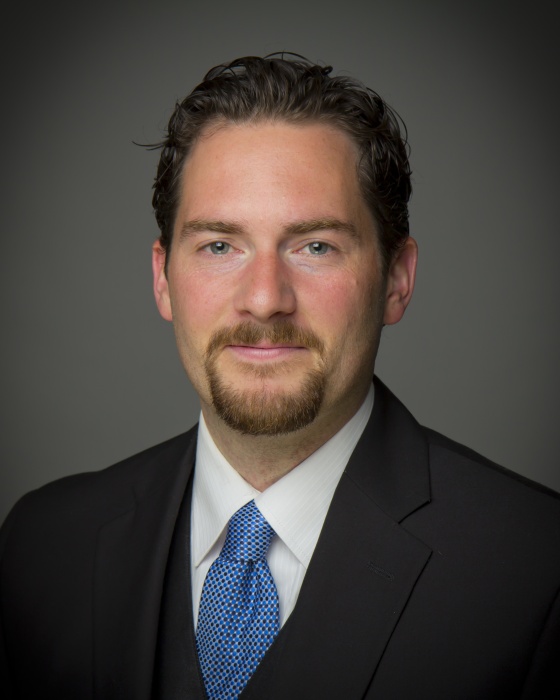Know Your Profs is an ongoing series of articles helping you get to know the instructors at Camosun College a bit better. Every issue we ask a different instructor the same 10 questions.
Got someone you want to see interviewed? Email editor@nexusnewspaper.com and we’ll get on it.
This time around we caught up with psychology instructor Michael Pollock and talked about the importance of sleep, memory-enhancing techniques, and who’s working for who in a college classroom.

1: What do you teach and how long have you been a teacher at Camosun?
I came to Camosun just over a year ago and really love the courses that I get to teach here: Intro Psychology, Biopsyc, and Drugs and Behavior. Previously on the mainland I taught similar courses as well as several additional ones that I developed, such as a course on sleep and dreams.
2: What do you personally get out of teaching?
It provides me with inspiration and a stimulating environment. When I’m doing only research I find my thinking tends to get limited to some specialized area and it becomes hard for me to see the bigger picture and maintain my enthusiasm. Teaching about a topic forces me to look at its overall meaning and how it’s relevant. Students’ comments and questions also help me gain a fresh perspective.
3: What’s one thing you wish your students knew about you?
How brilliant I am. Just kidding! What I’d really want them to know is that I’m here to serve them. As a student, I held the implicit belief that I was working for my professors like they were my bosses. What I now tell my students at the beginning of the semester is that I work for them and not the other way around. By registering for the course they’ve hired me to help them learn the course information as well and as easily as possible, and if they don’t do well in the course then that’s also a reflection of failure on my part.
4: What’s one thing you wish they didn’t know about you?
How terrible my everyday memory is. I teach about the ability to use mnemonics–memory-enhancing techniques–and give demonstrations where I do things like memorize long strings of digits that students shout out to me. The irony of it, though, is that I am very absentminded and, if I don’t use mnemonics techniques, will often forget the names of students or forget to do things because my mind is elsewhere. My only rationalization for this is that it helps me relate more to how hard it is for students to learn large amounts of new information and it also provides me with opportunities to test practical ways of overcoming this problem.
5: What’s the best thing that’s ever happened to you as a teacher here?
I would have to say being hired at Camosun as a full-time continuing position. It truly is a dream job! What other job would pay me to discuss my favorite topics? The other members of my department are so friendly and wonderful to be around, and their excellent teaching inspires me. The students here also seem to be more affable and easy-going than at some of the previous institutions I’ve taught at. Finally, I jumped at the opportunity to move to Victoria since I have lots of close relatives here and Victoria is an all-round magical place.
6: What’s the worst thing that’s ever happened to you as a teacher here?
Compared to some other jobs, I can hardly complain about anything that happens to me as a teacher. However, if I had to choose, I’d say the sleep deprivation I endured during my first year here when I was staying up late at nights in order to find the time to adapt all of my lecture material to the different textbooks. In some cases I was even sleep deprived while teaching about the importance of sleep!
7: What do you see in the future of postsecondary education?
In this modern-day electronic age in which students have online access to the most up-to-date and expertly reviewed information, what is the role of the classroom setting in which students still meet face-to-face with their teachers? This is a question that I pose to my students at the beginning of each semester and which I think will be the challenge for the future of postsecondary education. Some have speculated that the role of the classroom will evolve and become “flipped.” Rather than the teacher being the “sage on the stage” who simply stands at the front and lectures, instead it’s thought that the teacher will become more like a “guide on the side” who helps students better digest the information by working with them on questions and activities.
8: What do you do to relax on the weekends?
Spend time with family and friends, as well as go for runs with my dog on Victoria’s many beautiful beaches and trails.
9: What’s your favourite meal?
My wife is an excellent cook who spoils me with many fancy meals. But on my birthday she’ll often make a simple chicken broccoli casserole because she knows how much it reminds me of what my grandmother used to make when I was kid.
10: What’s your biggest pet peeve?
Apathy. For the research project in my Psyc 110 Experimental Psychology course, I encourage my students to choose a topic they’re interested in and that they’d really love to learn the answer to. However, many times I find students revert to a topic that they aren’t as passionate about because they think it’ll be easier to study, be a safer bet for finding an answer to, or because it fits more in line with what they think traditionally psychology is supposed to study. However, I’m always here to help guide them along in the case of problems and would really wish that they would have the courage to always pursue their dreams.
